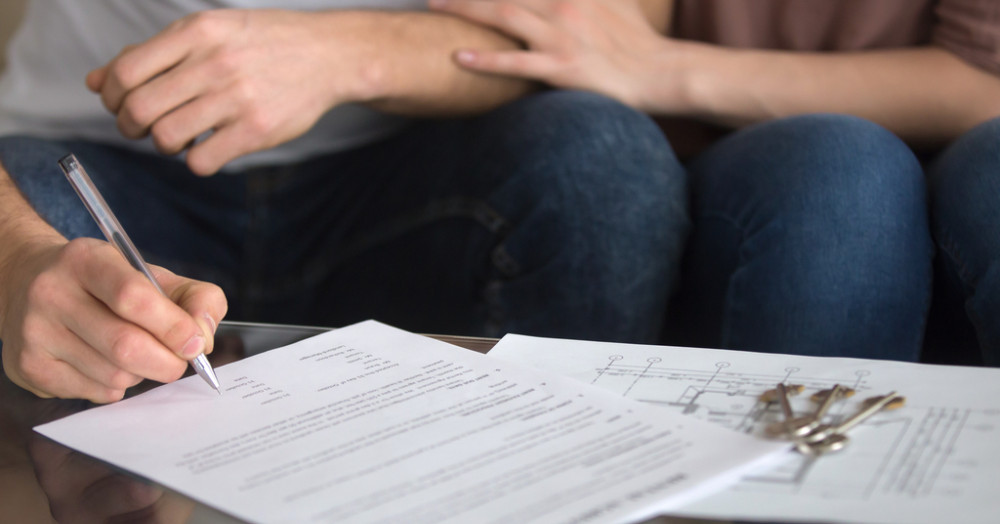
Checklist for tenants
Assured Shorthold Tenancy (AST)
When you rent, this is the most common type of agreement that you will get. Having an Assured Shorthold Tenancy gives you certain right and protections, but it also gives you certain responsibilities. It is important that you understand what is involved in the process, and make sure that you read through all of the paperwork thoroughly to know what these bits are. Checklists like this will help you to know what to ask your landlord so that you can start off on a positive front.
Check What You Can Afford
It is said that, the most that people are able to afford to pay for rent is approx. 35% of their monthly take home pay. Therefore you want to make sure that your rent is on or below this amount. You need to take into account what your other outgoings are. Generally the lower the percentage the better off you will be.
Check Your Entitlement to Benefits
If you are claiming or entitled to housing benefit or universal credit then this will help to pay towards your rent. You should be aware though that there is a cap to the amount that you can receive and therefore you will want to make sure that your rent is affordable with this limit.
Check the Area in Which You Want To Live
You will want to do your research on the area you want to live in. Does it have all the facilities that you want? Are there shops and public transport close by etc.? Is there somewhere to park your vehicle where it isn’t going to get damaged? You will also want to check things like how much the car insurance is in the new area as this may increase or decrease.
Make Sure You Have Your Documentation
Landlords and estate agents will want to confirm your identity, your immigration status and possibly your credit history and employment status before you are allowed to rent a property. Therefore, it is important to make sure that you have all the right documents before you try and rent a place, as a lack of any of these may hinder your progress.
Do You Need A Guarantor
Depending on your status, your landlord might insist that you have a guarantor for the property. This is someone that will pay your rent if you end up in the situation where you are not available to do so. You should make sure that whoever is acting as your guarantor understands the implications or undertaking that position as it can have a serious impact upon their finances if things go wrong.